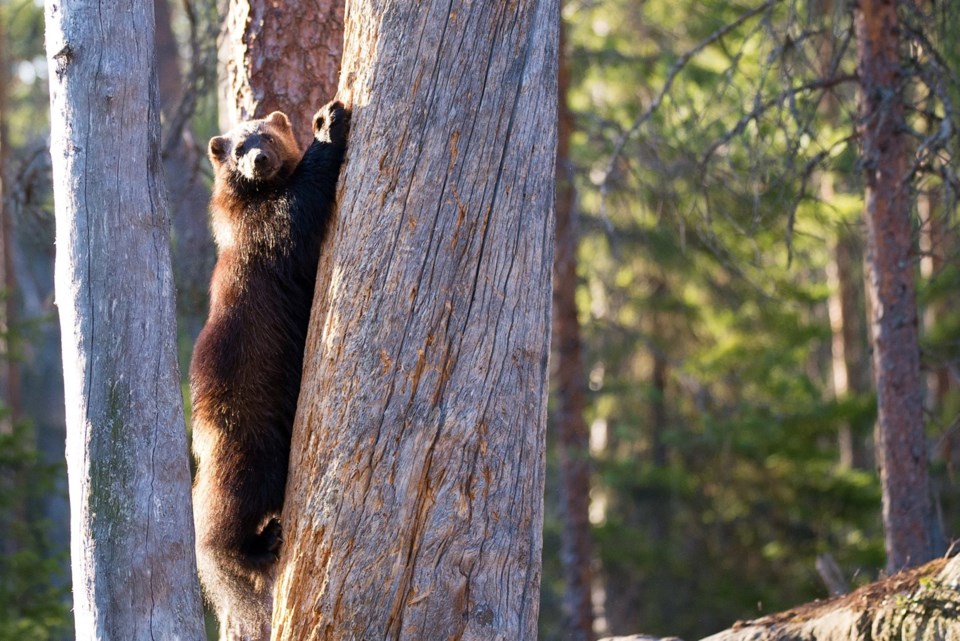THUNDER BAY — World Wildlife Fund Canada has raised concerns that Bill C-5 prioritizes economic growth over the protection of endangered species and their habitats.
“Really, the concerns stem from the fact that the legislation doesn’t provide a lot of detail as to what the implications might be,” said Karen Saunders, WWF Canada’s vice president of wildlife and industry.
Similar to Bill-5 with Ontario, Saunders said it’s enabling legislation that presents a concept with the details to be determined later.
“Most concerning to us is the ability of nation-building projects to be exempted from federal legislation and this could include environmental legislation,” said Saunders.
These exemptions could potentially bypass environmental safeguards, including the Species at Risk Act (SARA), the Canadian Environmental Protection Act, the Fisheries Act and the Migratory Birds Convention Act, according to an media release issued by WWF Canada last Friday.
“Bill 5, the provincial legislation… has kind of a similar approach with these special economic zones where legislation can be (and) what projects can be exempted from legislation,” said Saunders.
Therefore, if things become exempt from the provincial Endangered Species Act, she said the only fallback they have is the federal Species at Risk Act and if it’s also exempted from that, then really any species could lose its protection.
“Any species on the Ontario list or on the federal list,” said Saunders. "So, caribou, wolverine, bats, various bird species, plant species, etc."
The country has environmental regulations in place for a reason, Saunders said, which, generally speaking, is in response to past developments and issues that have arisen from those.
“We already have examples of past developments that have resulted in environmental damage that can harm communities and it also has implications for Indigenous rights and the ability for Indigenous peoples to practice those rights on the land,” said Saunders.
“So, if you’re fast-tracking development and you’re exempting things from environmental regulation, you sort of risk repeating the same mistakes that we’ve made in the past.”
The public should also be aware, she added, that many of the permits, pieces of legislation and regulations serve as triggers for where the public can provide input into the process and for Indigenous people to be consulted.
“If you end up exempting projects from legislation, you may also be taking away opportunities for stakeholders, the public and Indigenous peoples to weigh in as to whether they think these things are a good idea in the first place,” said Saunders.
As a conservation organization seeking to reduce the impact of industry on nature, restore degraded environments and conserve and steward land, Saunders said the WWF looks to do all of this through processes led by Indigenous peoples.
“In the vast majority of cases, these proposed developments are happening on Indigenous traditional territories. So, from our standpoint, making sure that we have the right processes in place to ensure that Indigenous peoples have a say over what happens on their land is important,” said Saunders.
They’re not anti-development by any means, Saunders added, but in the event that developments do go forward, efficient processes are a great thing, so long as they don’t come at the expense of considering the environment and the importance of thinking about biodiversity loss, climate change and so on.
Newswatch contacted Environment and Climate Change Canada for comment, but no response was provided by the deadline.
